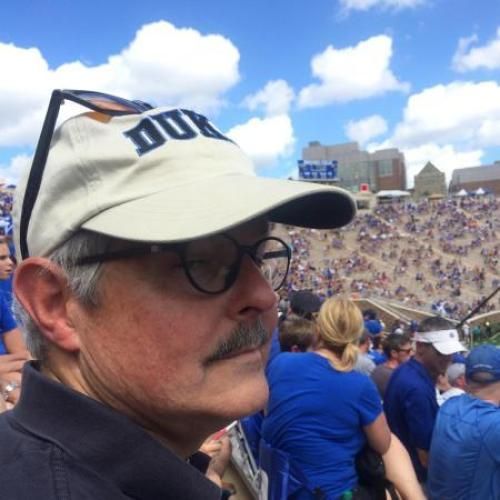Inflammation controls B lymphopoiesis by regulating chemokine CXCL12 expression.
Inflammation removes developing and mature lymphocytes from the bone marrow (BM) and induces the appearance of developing B cells in the spleen. BM granulocyte numbers increase after lymphocyte reductions to support a reactive granulocytosis. Here, we demonstrate that inflammation, acting primarily through tumor necrosis factor alpha (TNFalpha), mobilizes BM lymphocytes. Mobilization reflects a reduced CXCL12 message and protein in BM and changes to the BM environment that prevents homing by cells from naive donors. The effects of TNFalpha are potentiated by interleukin 1 beta (IL-1beta), which acts primarily to expand the BM granulocyte compartment. Our observations indicate that inflammation induces lymphocyte mobilization by suppressing CXCL12 retention signals in BM, which, in turn, increases the ability of IL-1beta to expand the BM granulocyte compartment. Consistent with this idea, lymphocyte mobilization and a modest expansion of BM granulocyte numbers follow injections of pertussis toxin. We propose that TNFalpha and IL-1beta transiently specialize the BM to support acute granulocytic responses and consequently promote extramedullary lymphopoiesis.
Duke Scholars
Published In
DOI
ISSN
Publication Date
Volume
Issue
Start / End Page
Location
Related Subject Headings
- Stromal Cells
- Receptors, Tumor Necrosis Factor, Type II
- Receptors, Tumor Necrosis Factor, Type I
- Receptors, Tumor Necrosis Factor
- Mice, Knockout
- Mice, Inbred C57BL
- Mice
- Inflammation
- Immunology
- Gene Expression Regulation
Citation
Published In
DOI
ISSN
Publication Date
Volume
Issue
Start / End Page
Location
Related Subject Headings
- Stromal Cells
- Receptors, Tumor Necrosis Factor, Type II
- Receptors, Tumor Necrosis Factor, Type I
- Receptors, Tumor Necrosis Factor
- Mice, Knockout
- Mice, Inbred C57BL
- Mice
- Inflammation
- Immunology
- Gene Expression Regulation

